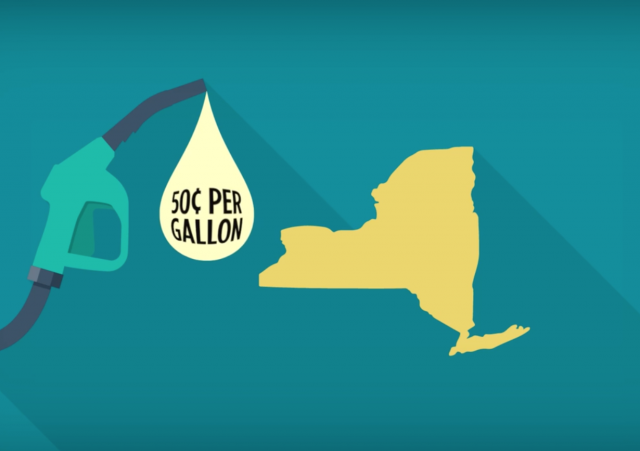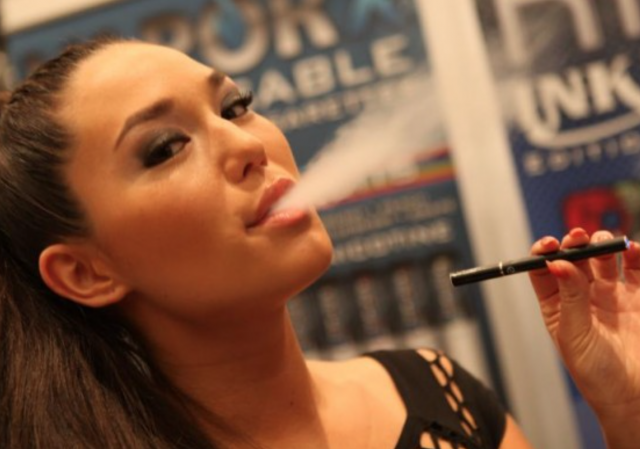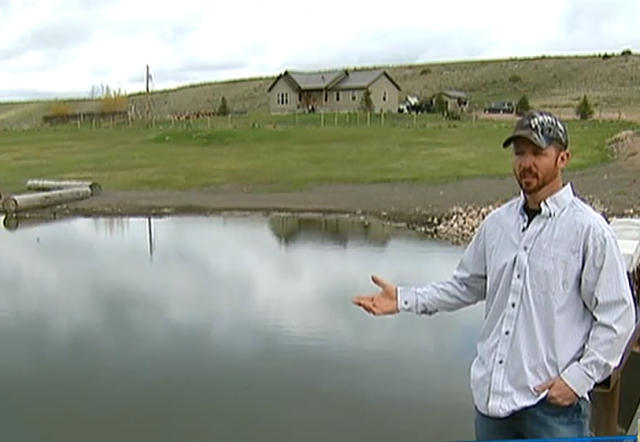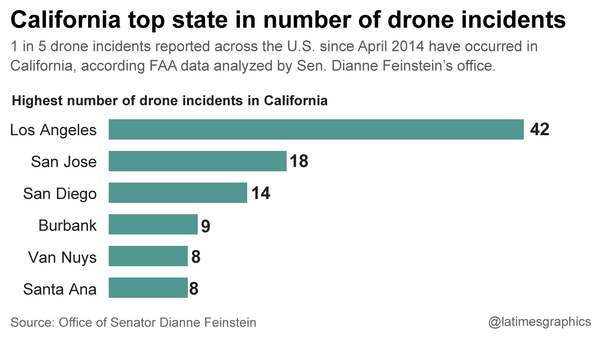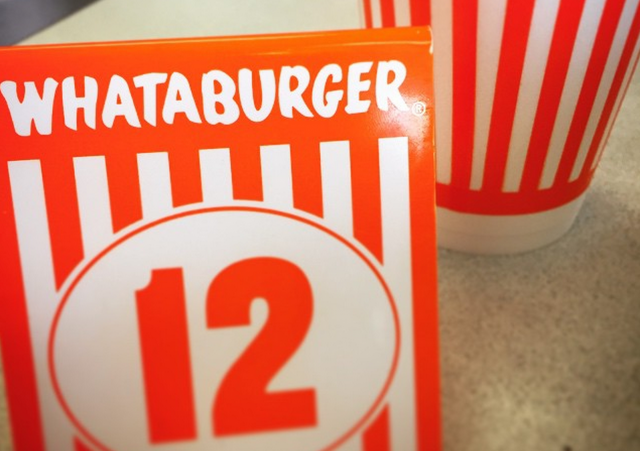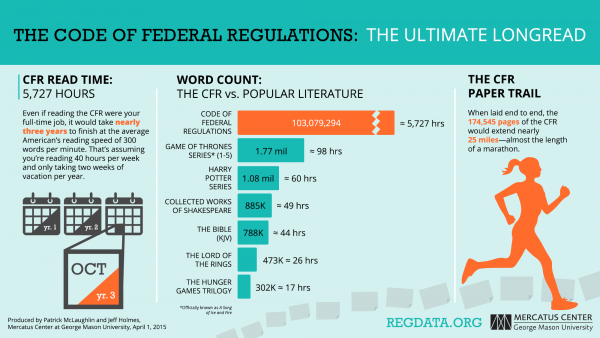I don't know about you, but when I think of Florida, I think of airboats. After next year, however, those of us familiar with the roar of the the gladesmen's watercraft will probably think of
regulations.
Earlier this month, the AP
reported that over a dozen years' worth of negotiation, deliberation, and compromise has culminated in the implementation of a new series of rules governing the commercial airboat industry in the Florida Everglades. Regulators have officially won the battle to implement rules written into a 1989 congressional act that expanded the Everglades national park areas to include 1.5 million acres of wetlands commonly used by both commercial and private airboat operators. After the passage of that act, Congress wanted the area managed as a protected wetland preserve, but airboat operators went to war over the classification, saying that the changes would destroy the businesses that have been around longer than the federally-mandated park.
For most airboat operators, these new rules mean that they only have a few months left before their businesses are forcibly shut down. Park services plans to partner (read: buy out and control) just four commercial operators; only private operators who can prove they were at least 16 years old and active airboat operators as of 1989 will be given a non-transferable, lifetime permit to continue operating. It's unclear as of now how many private operators that will cover.

